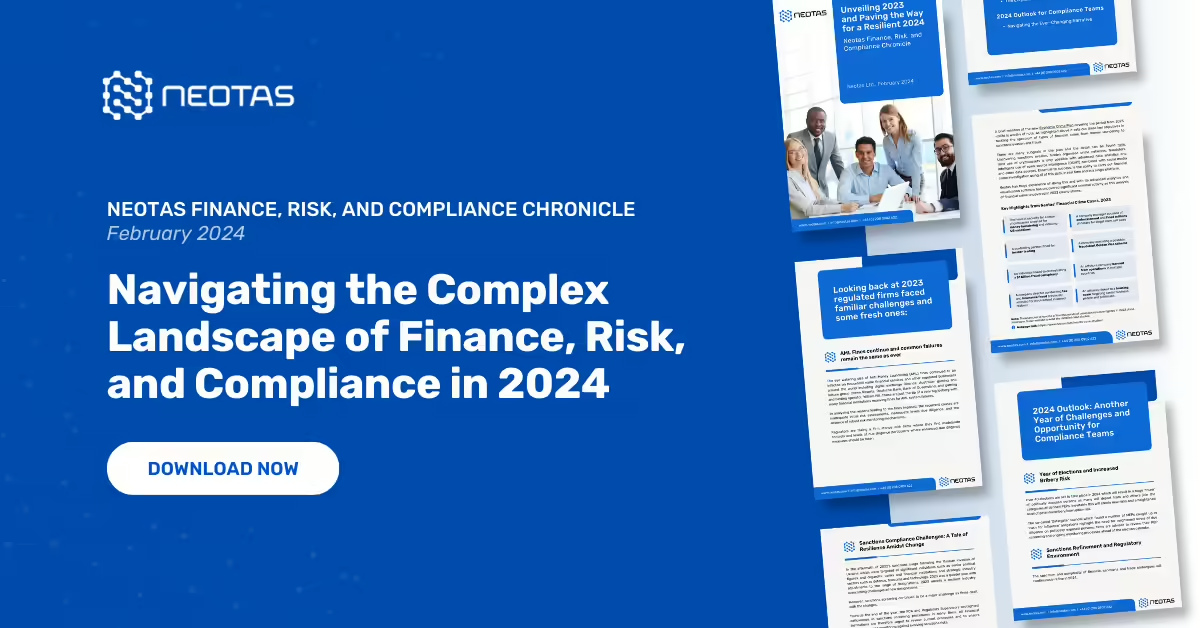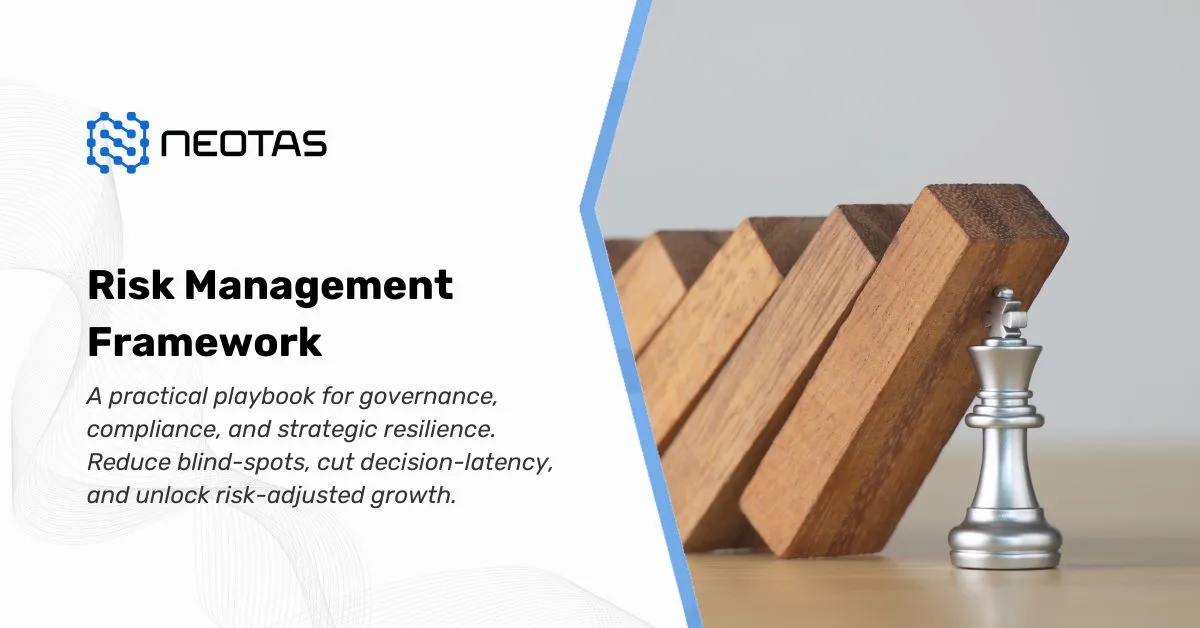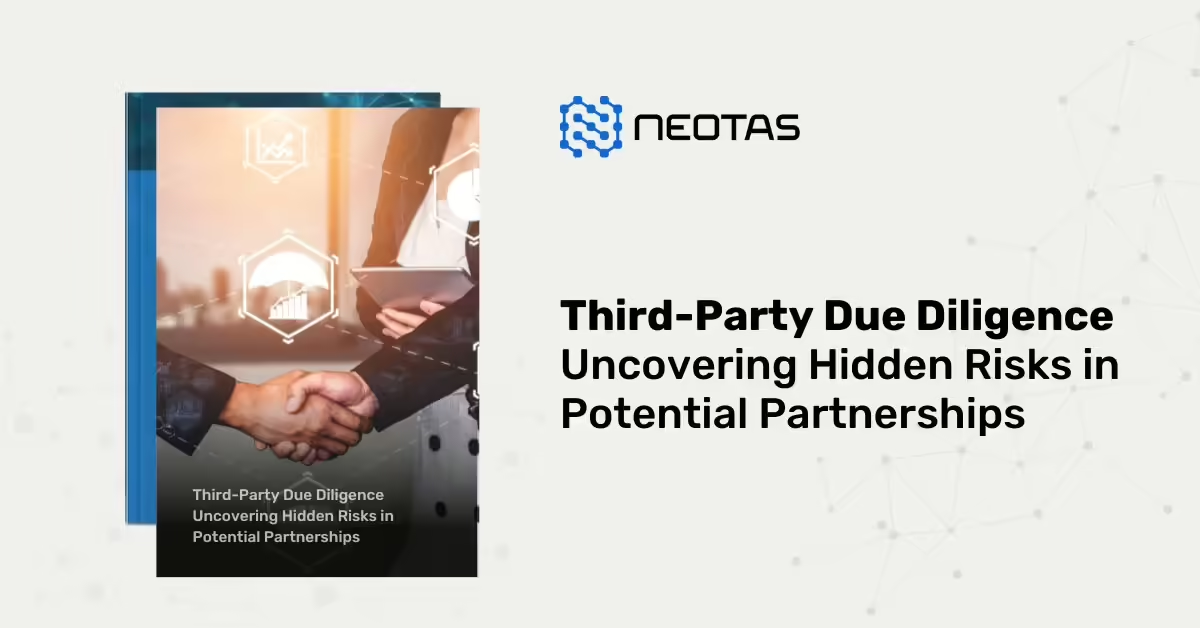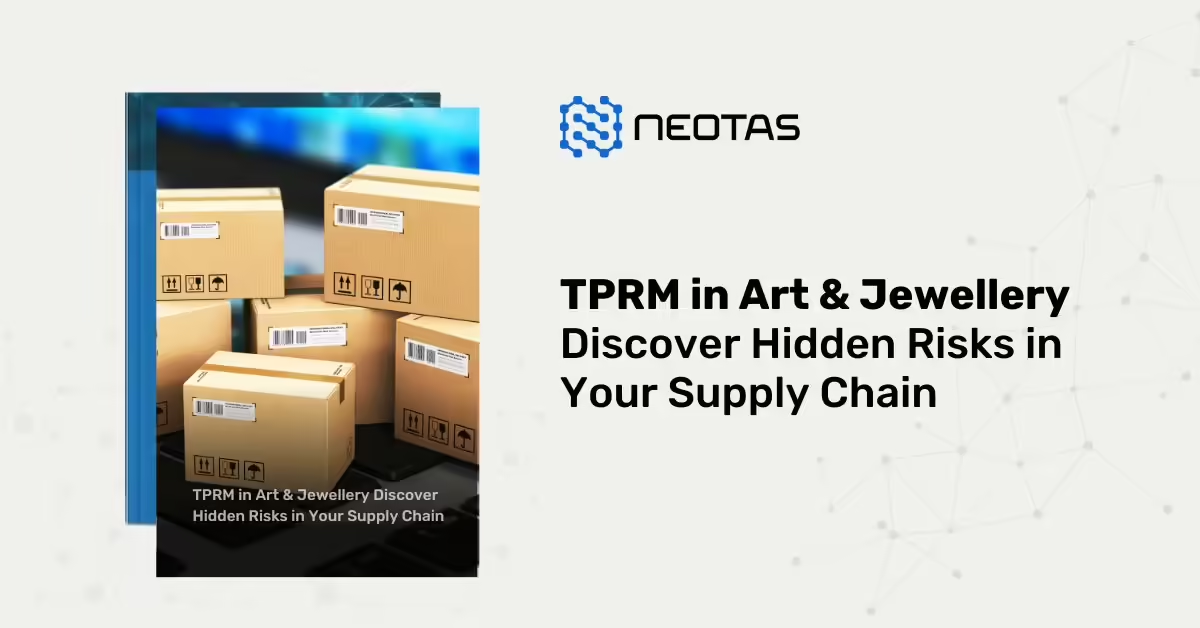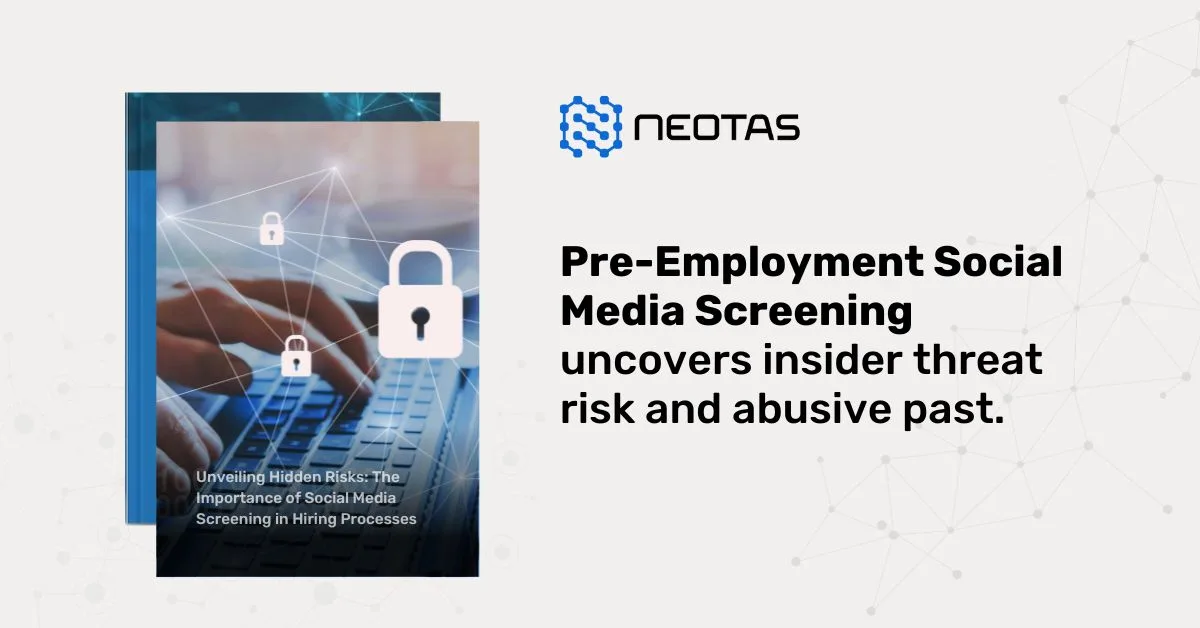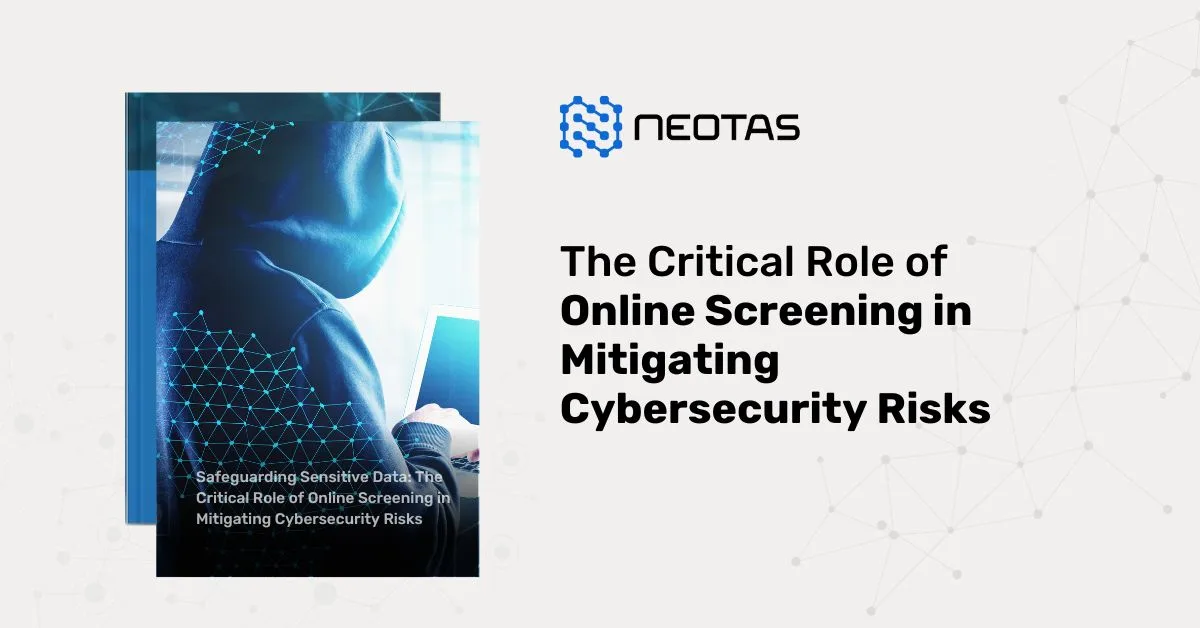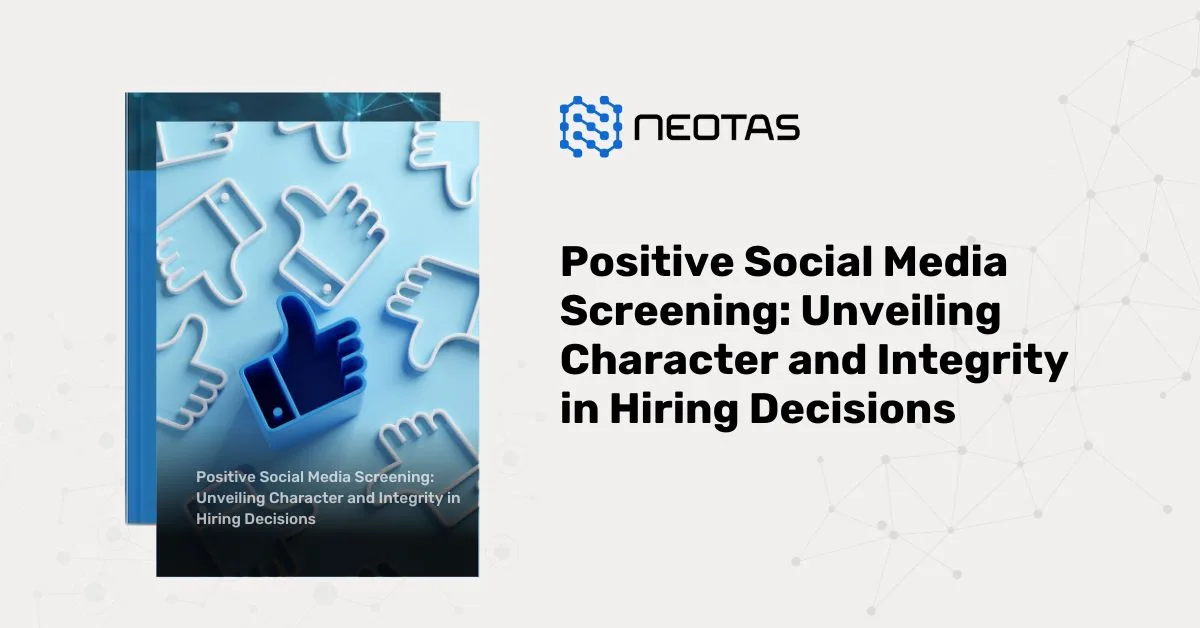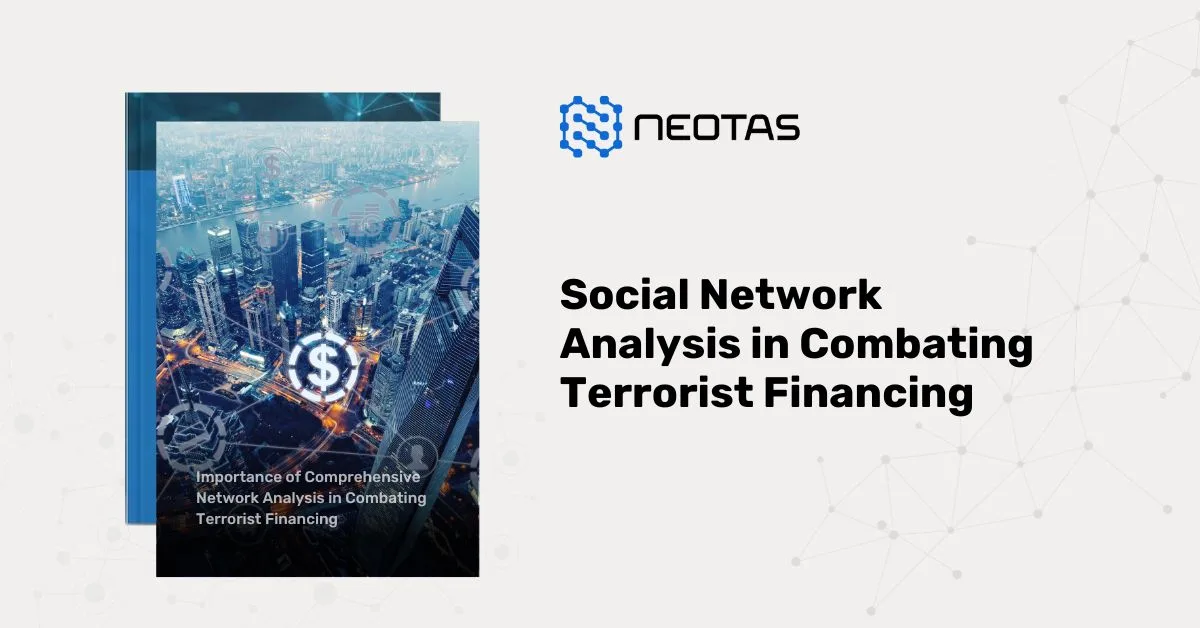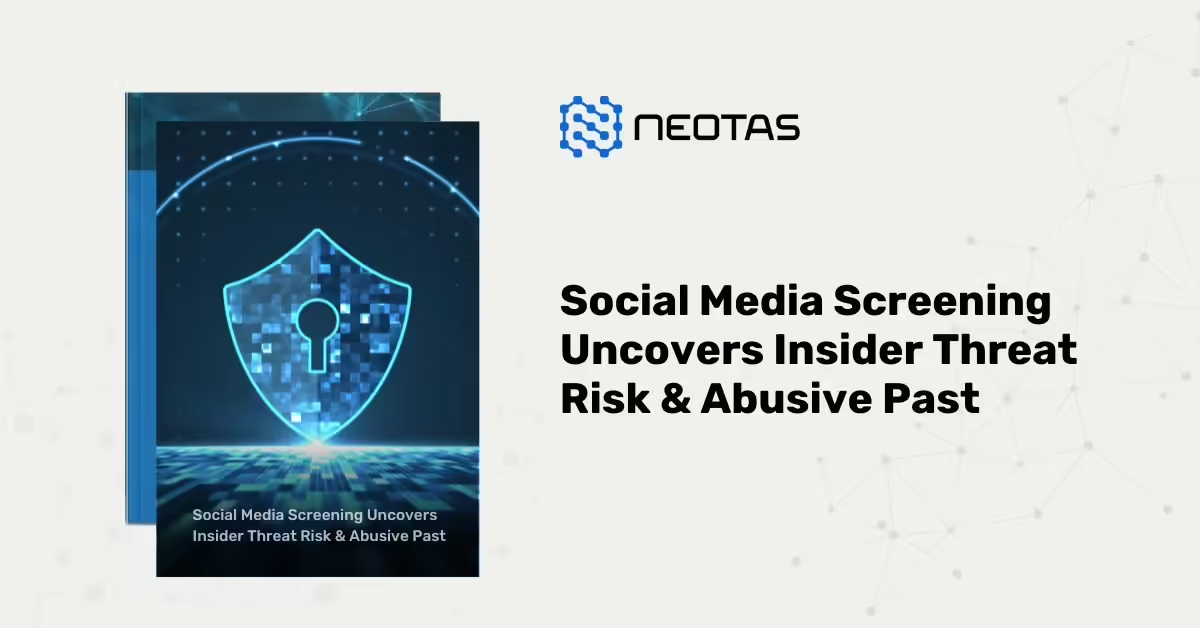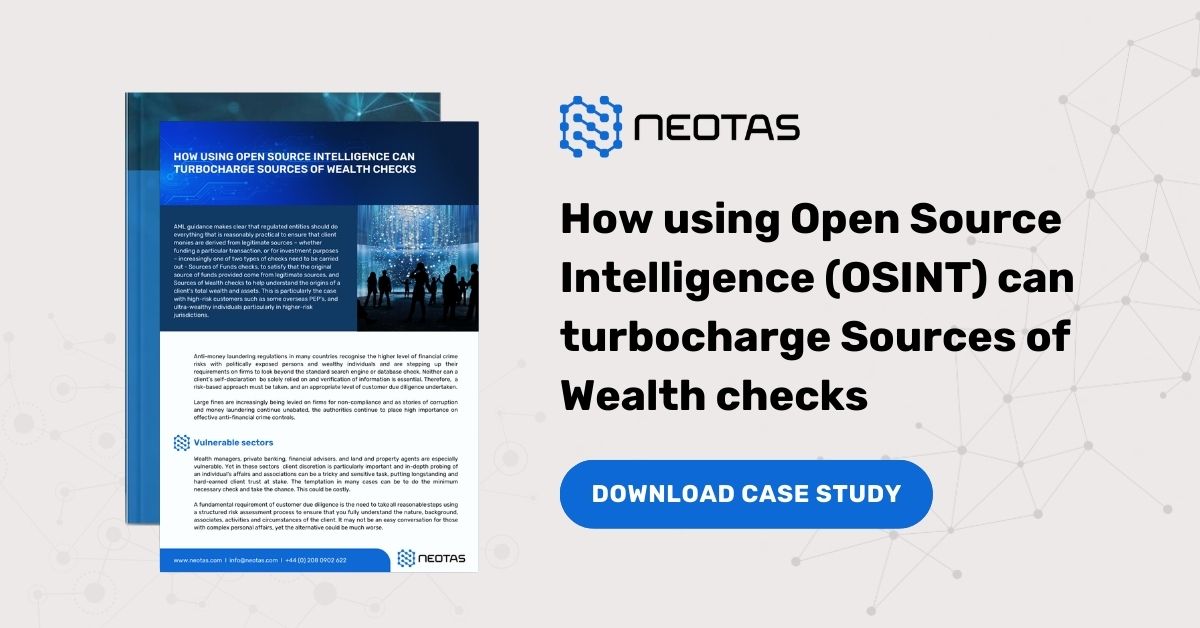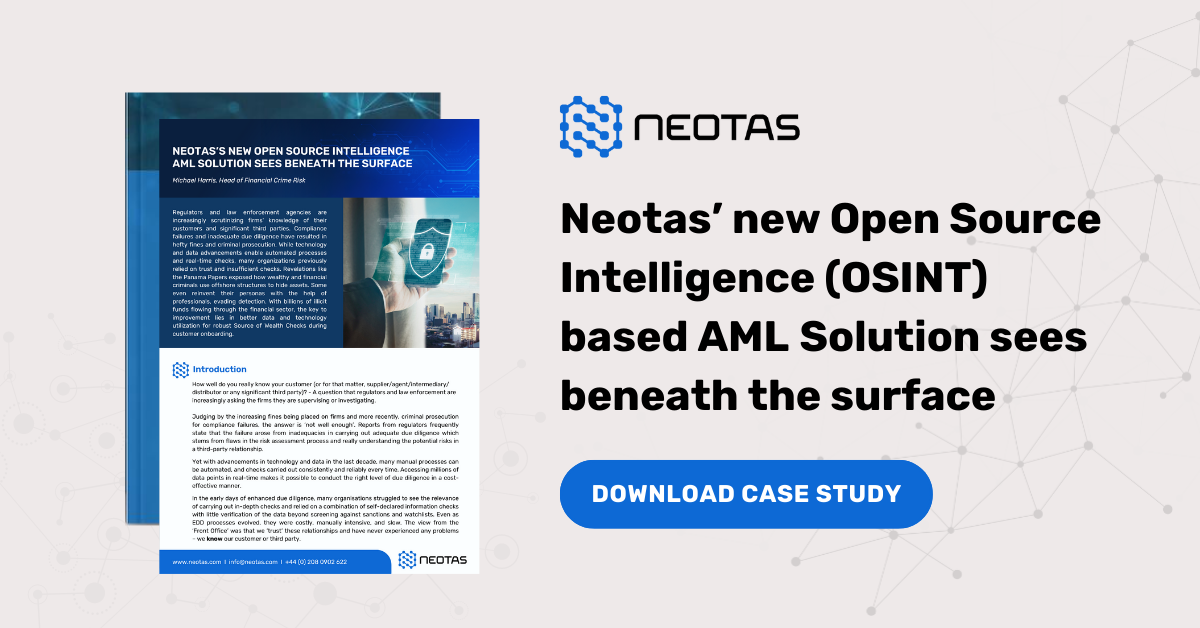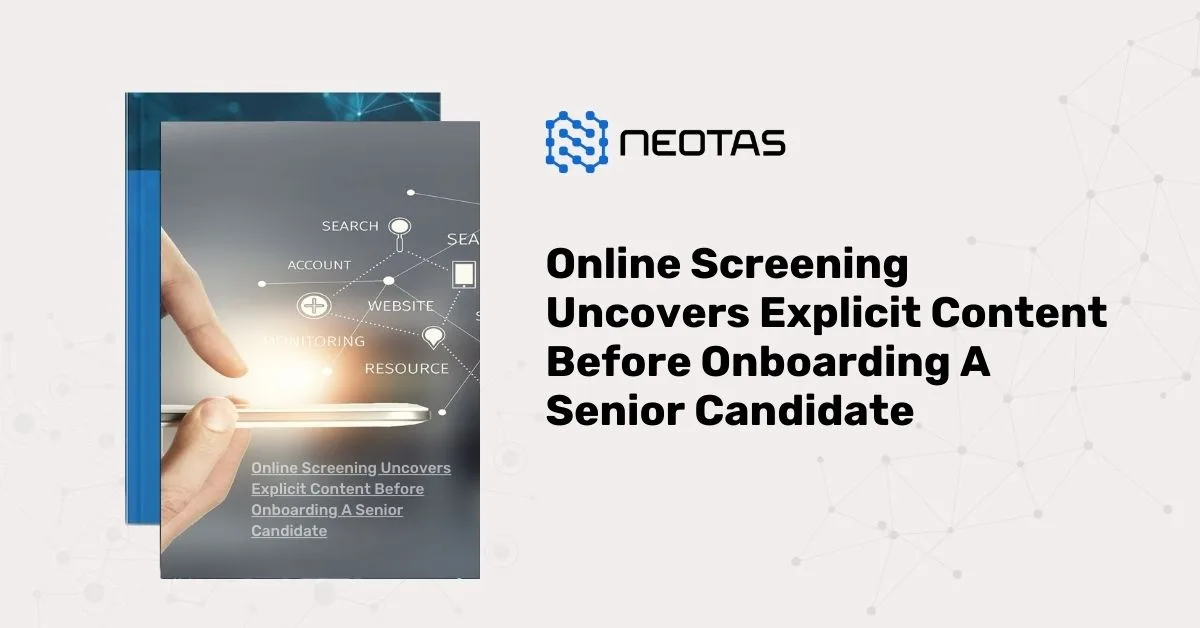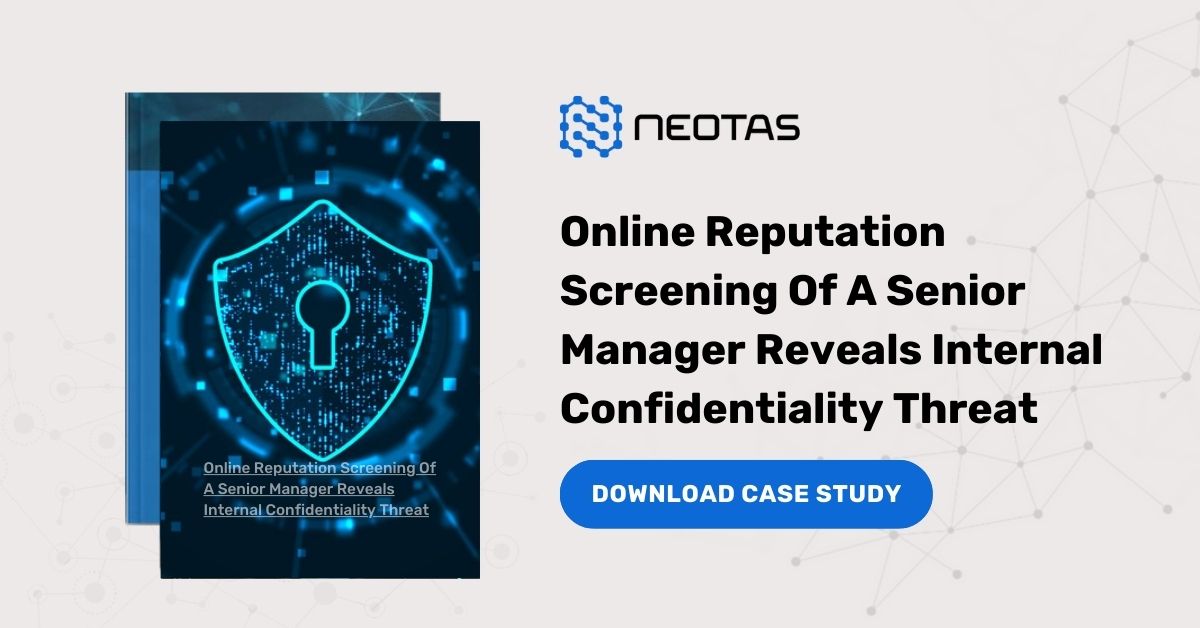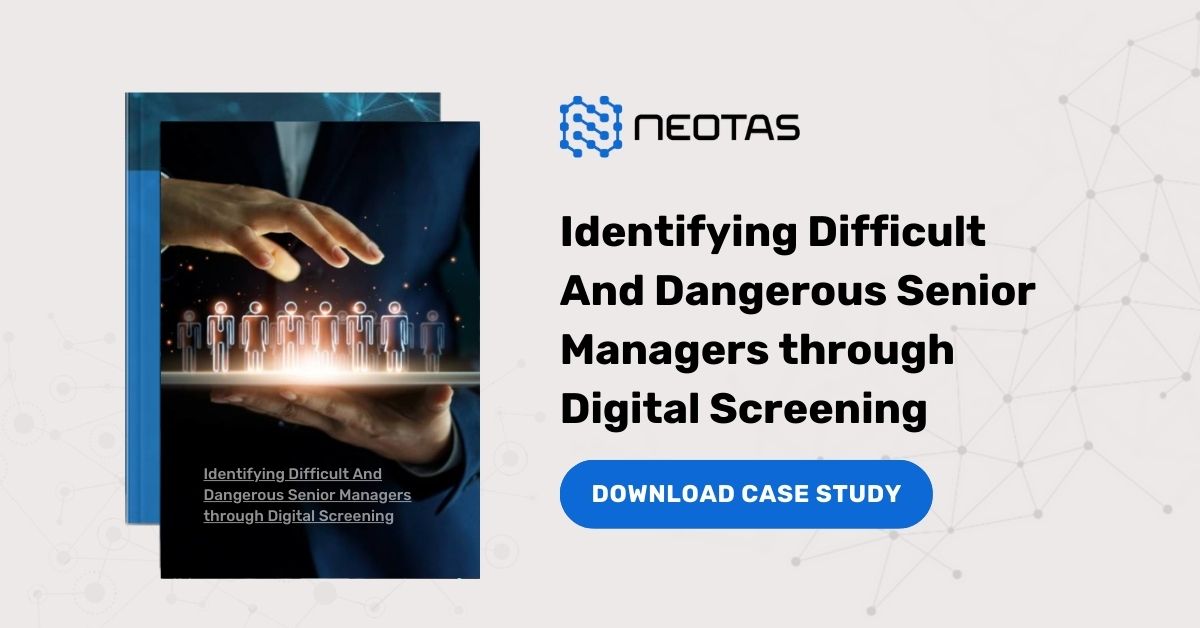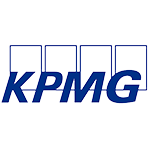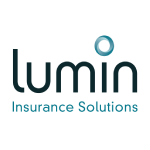Enhanced Due Diligence meaning
Enhanced Due Diligence: A Comprehensive Approach to Mitigating Risk
Enhanced Due Diligence (EDD) is a significantly more thorough and comprehensive process of investigation and evaluation compared to standard or basic due diligence. This heightened level of scrutiny is typically required or recommended in situations where there is a higher level of perceived risk or when organizations are subject to more stringent regulatory requirements.
At its core, EDD involves a deep dive into gathering, verifying, and analyzing detailed information about a client, transaction, or business relationship. The goal is to gain a comprehensive understanding of the associated risks to enable more informed decision-making and effective risk management.
What is Enhanced Due Diligence?
The term “enhanced due diligence” refers to the additional steps and processes that go beyond the standard customer due diligence (CDD) or know-your-customer (KYC) procedures. While CDD and KYC establish the baseline for understanding a customer’s identity and activities, EDD takes this a step further by delving deeper into the client’s background, financial situation, and overall risk profile.
EDD is typically triggered when an organization identifies a customer or transaction as higher-risk, such as those involving politically exposed persons (PEPs), high-net-worth individuals, or businesses operating in high-risk industries or jurisdictions. By conducting EDD, the organization can better assess and mitigate the heightened risks associated with these types of clients or activities.
Key Components of Enhanced Due Diligence
The EDD process typically includes, but is not limited to, the following key components:
1. Risk Assessment: The first step is to thoroughly evaluate the risk factors associated with the client or transaction. This includes assessing the customer’s industry, geographic location, ownership structure, and any potential red flags that may indicate a higher level of risk.
2. Information Gathering: EDD involves the collection and verification of a significantly broader and more detailed set of information about the subject of the investigation. This can include financial records, ownership structures, management team details, public records, and any other relevant sources that can provide insight into the client’s background and activities.
3. Background Checks and Investigations: In-depth background checks are conducted on the individuals and entities involved, including directors, shareholders, and key personnel. These investigations delve into potential criminal, regulatory, or reputational issues at both the individual and organizational levels, utilizing specialized investigative techniques.
4. Site Visits and Interviews: On-site visits to the client’s or target company’s facilities are often conducted to observe operations, interview key personnel, and validate the information provided. This on-the-ground assessment can provide valuable insights that may not be evident from document-based reviews alone.
5. Financial and Operational Analysis: A comprehensive review and analysis of the client’s or target company’s financial statements, tax filings, and other relevant financial records are undertaken. This includes assessing the organization’s financial health, cash flow, profitability, and any potential financial risks or irregularities. The operational aspects of the business, such as supply chain, customer/supplier relationships, and overall business model, are also evaluated.
6. Legal and Regulatory Review: A thorough review of the client’s or target company’s legal and regulatory compliance is conducted, including an examination of any pending litigation, regulatory investigations, or sanctions. This helps identify potential legal, regulatory, or compliance risks that may impact the organization.
7. Ongoing Monitoring and Reporting: The EDD process does not end with the initial review. Organizations should implement ongoing monitoring and review processes to ensure that the risk profile remains current and any changes are promptly identified and addressed. Detailed reporting on the EDD findings and recommendations is also crucial for decision-making and demonstrating due diligence.
The depth and scope of each EDD component may vary depending on the specific circumstances and the organization’s risk appetite. However, the overarching goal is to gather sufficient information and conduct a comprehensive analysis to enable informed decision-making and effective risk mitigation.
Benefits of Enhanced Due Diligence
By implementing a robust EDD process, organizations can reap several key benefits:
1. Improved Risk Management: EDD helps organizations identify, assess, and mitigate higher-risk situations more effectively, reducing their exposure to potential legal, financial, and reputational risks.
2. Compliance and Regulatory Alignment: EDD is often mandated or recommended by regulatory bodies, such as those in the financial services industry. Adhering to EDD requirements demonstrates the organization’s commitment to compliance and reduces the risk of penalties or sanctions.
3. Informed Decision-Making: The comprehensive information and analysis gathered through EDD enable organizations to make more informed decisions about client relationships, transactions, and business partnerships.
4. Reputational Protection: By thoroughly vetting clients and transactions, EDD helps organizations safeguard their reputation and maintain the trust of stakeholders, such as customers, partners, and the broader public.
In today’s complex and highly regulated business environment, enhanced due diligence has become an essential tool for organizations seeking to mitigate risks, ensure compliance, and make well-informed strategic decisions. By embracing a comprehensive EDD approach, organizations can navigate the challenges of the modern marketplace with confidence and integrity.


 Financial Crime Compliance Trends 2024
Financial Crime Compliance Trends 2024